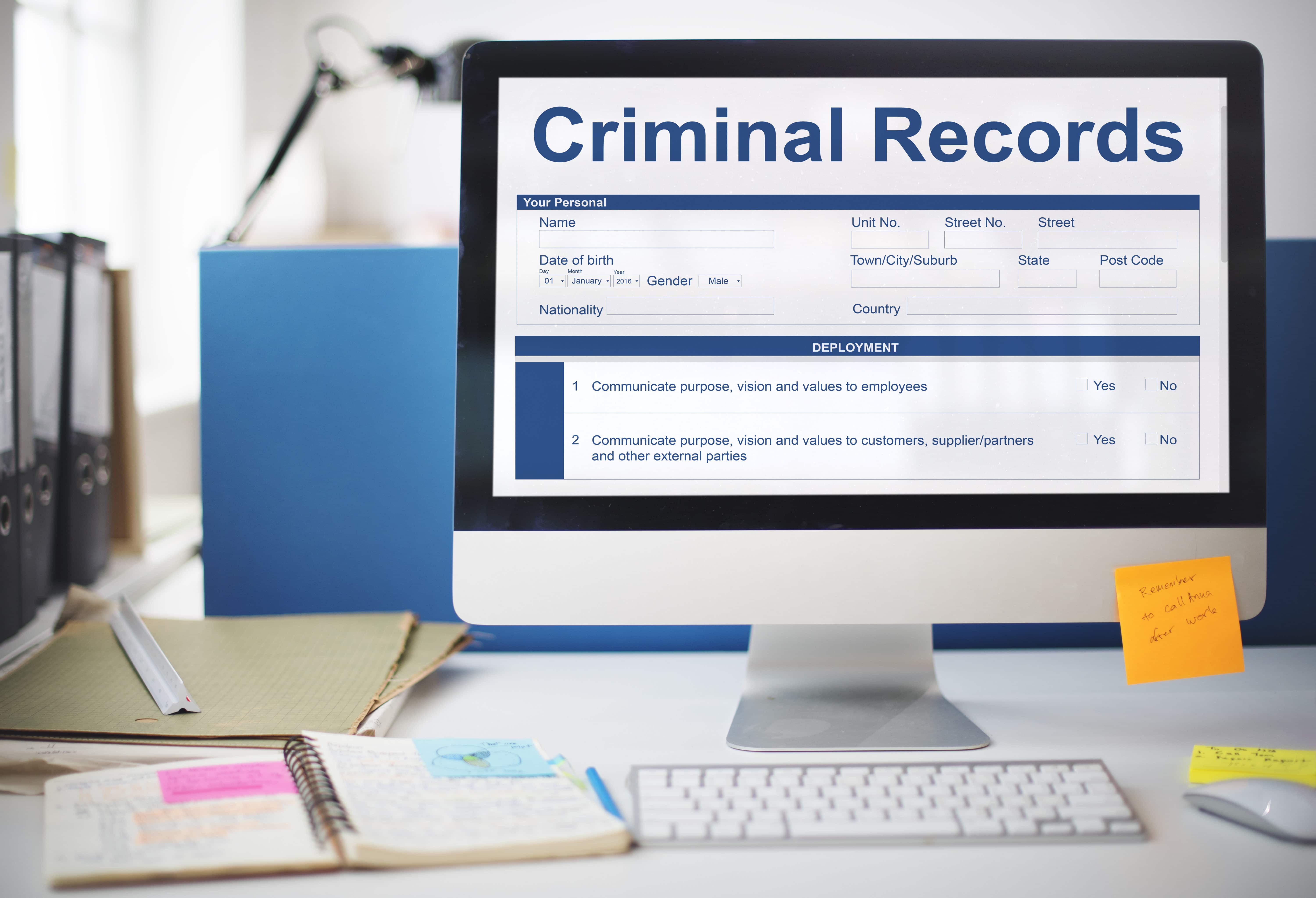How Illinois Juvenile Convictions Impact College Admissions
Your child has top grades, a slew of extracurriculars, and the SAT/ACT scores they need to get into the school of their dreams. If they also have a juvenile record, though, their chances of getting into college at all are severely compromised.
Did you know that most colleges require applicants to disclose their criminal history, even for offenses committed as a juvenile?
Having any kind of criminal record, even for offenses committed before the age of 18, can severely hamper college admissions potential in a myriad of ways.
In today’s post, we take a closer look at how an Illinois juvenile conviction could negatively impact college admissions. We also share one solution that often prevent a juvenile record from impacting an applicant: having criminal records sealed or expunged.
Criminal History Questions are Common in College Applications
Between 60 and 80 percent of private colleges and universities (and more than half of public institutions) require prospective students to answer questions about criminal history as a part of the application process.
A full background check is most common at four-year institutions, but nearly 50 percent of all two-year community colleges also have at least some questions about criminal history.
Questions generally include offenses committed as a juvenile. Applicants may be asked to disclose prior arrests, regardless of whether charges were actually ever even pressed, or when the charges were dropped altogether, as well.
Arrest records also show up on criminal background checks, which many colleges run routinely, as well. No matter the case, we do believe honesty is always the best policy.
Share what you know. Inconsistencies between your story and what their records show will flag an application for sure.
Most college and university applications initiate this sort of “investigation” by requiring students to check a box admitting to a criminal record.
“Checking the Box” Could Mean the End of a College Education
While the majority of higher education institutions expect those who’ve “checked the box” to personally disclose pertinent information, others run extensive background checks on their applicants.
On top of this, some offenses will render you and your future college attendee ineligible to apply for federal financial aid. Because of this, checking the box could mean the end of a college education for many.
In fact, paying tuition (among other costs) is simply impossible without some form of financial relief for most Illinois families.
Checking the box is only the first step, however. Regardless of the method, the scope of criminal history screening for a college application these days goes beyond that of most employers.
Criminal History Q&A Is Deeper Than Most Employment Applications
You may be hearing for the first time in this article that the scope of criminal history investigations on college applications generally exceeds that of normal employment applications.
Although all employers have different hiring procedures, most employment applications do not ask about arrests, and many employers only require applicants to disclose felony convictions.
Contrastingly, most colleges and universities require applicants to disclose all criminal history, including arrests, juvenile offenses, and misdemeanors.

How a Juvenile Criminal History Affects Admissions Decisions
So, we know that most colleges either require students to disclose criminal history or they run background checks on applicants. But how does this actually factor into admissions decisions?
For elite schools with a highly competitive admissions process, a criminal history could severely hamper your chance of being accepted, even if you’re otherwise a highly competitive applicant.
For other schools, it may come down to individual institutional preferences and policies surrounding safety concerns.
Campus sexual assaults and student violence are two highly scrutinized crimes by the public, so many universities hesitate to admit students with a history of violent or sexual offenses.
Other low-level crimes such as petty vandalism and low-level cannabis offenses are more likely to be overlooked.
Still, should any criminal history questions or criminal background checks yield a record, it will likely compromise your child’s acceptance to that particular school. Therefore, you may need to cast a wider net for college applications.
That being said, there is still an option for many college hopefuls with blemishes on their records.
Can Illinois College Applicants Get Their Records Expunged?

Fortunately, many Illinois college applicants are eligible to petition for criminal record expunction or sealing, especially for offenses committed as a juvenile. This process allows many young adults to pursue a college education and a bright future, by leaving past transgressions where they belong — in the past.
Taking the time to learn more about the Illinois criminal record sealing and expunction process could mean the difference in your child becoming the success they dream.
About the Author:
Andrew M. Weisberg is a former felony prosecutor who now serves as a defense attorney in the greater Chicago area. He has extensive experience in handling all types of criminal cases, from sex offenses and domestic violence to retail theft-related crimes, murder, and drug crimes.







 Blog Home
Blog Home 










